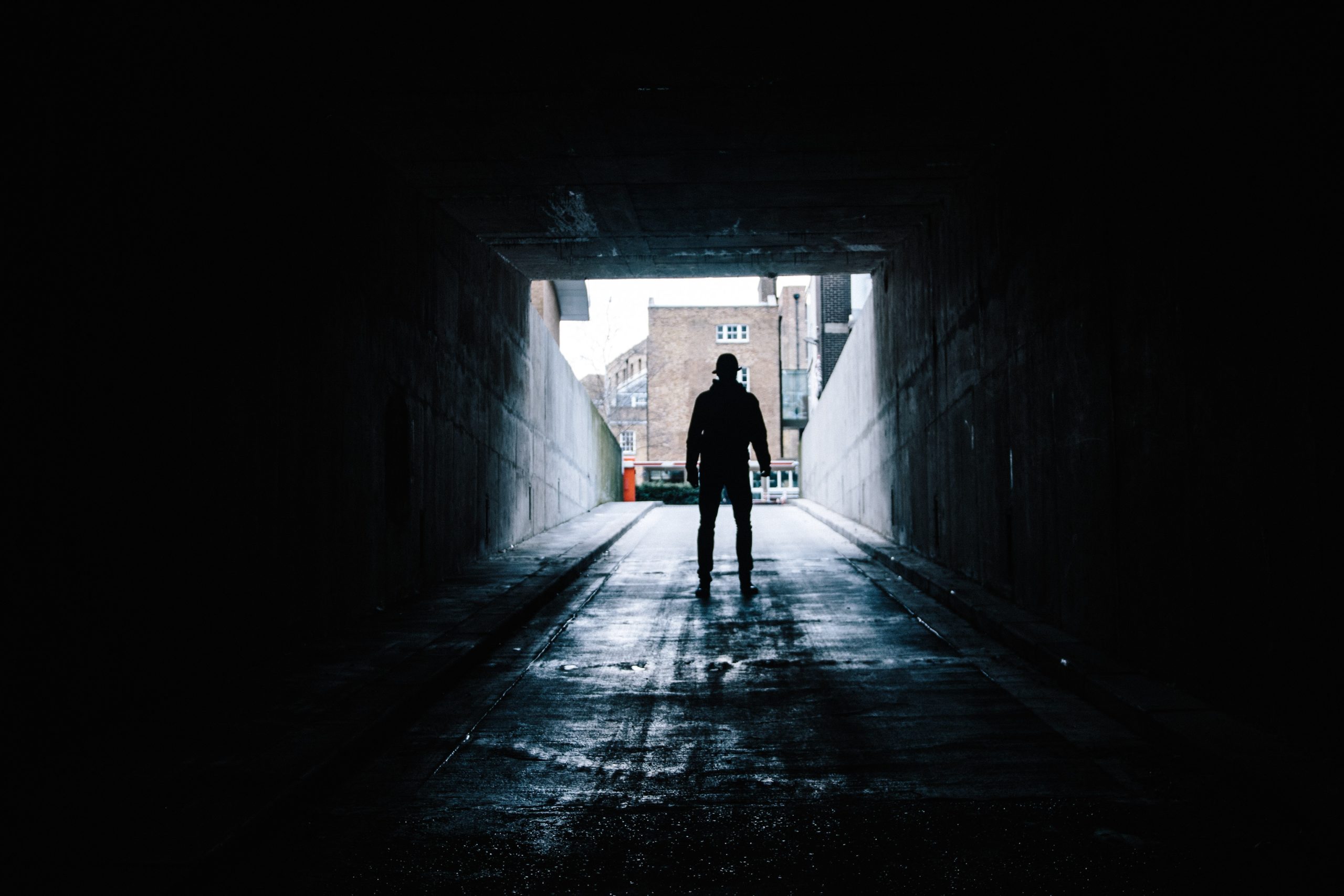
Fear. Frustration. Hopelessness. Despair.
These are all emotions that bubble up if another person is stalking you.
According to the Victim Connect Resource Center, stalking is a pattern of behavior that could be considered innocuous in isolation but taken together, the unusual behavior constitutes a threat, cause the victim to feel unsafe or fearful.
Long gone are the days where someone would need to hide in the bushes outside of a house to inappropriately keep tabs on someone. With the age and far-reaching capabilities of stalking, a predator can remain behind the screen.
Common characteristics of stalking include, but are not limited to, sending unwanted or inappropriate communications and gifts, following someone persistently with or without their knowledge, damaging someone’s property or threatening their family or pets, and using technology to monitor or surveil someone.
In other words, stalking behavior makes the target’s life a living nightmare.
As the Stalking Prevention and Resource Center (SPARC) reports, “Nearly one in three women and one in six men have experienced stalking victimization at some point in their lifetime.” In addition, “The vast majority of stalking victims are stalked by someone they know.”
Victims of stalking often suffer psychological and behavioral effects such as:
- Feelings of vulnerability, fear, and isolation
- Reduced ability to trust others
- Depression, anxiety, and/or hypervigilance
- Flashbacks or disturbing memories
- Missed work, school, and/or social activities
Considered a crime in all 50 states, stalking behavior often escalates over time and can eventually result in other, more violent crimes such as rape or murder.
Let’s dive into the warning signs.
Signs of a Stalker
Stalking behavior takes many forms, but there are some common signs that may indicate if you’re being stalked. While this is not meant to be a checklist, use the scenarios below to help identify inappropriate behavior you may have overlooked:
- You see the same person repeatedly hanging around your neighborhood, place of business, or social spots.
- You have reason to believe someone is constantly watching or collecting information about you.
- You receive repeated phone calls or messages from someone you don’t know or don’t regularly associate with.
- You receive unwanted or inappropriate gifts from someone, often sent to public places you frequent, such as your workplace.
- Someone you don’t know conveniently shows up to help or “rescue” you in a time of need or distress (e.g., flat tire, lost keys, etc.).
- Someone manipulates you into interacting with them, typically through contrived scenarios, threats of violence to self or others, or manufactured legal action.
- Someone tracks and/or contacts you repeatedly through online platforms such email and social media.
- You become alienated or isolated from loved ones due to someone sharing information about you designed to damage your reputation or ruin your credibility.
- Someone vandalizes your property or threatens violence against you.
- You feel uncomfortable about the volume and content of repeated contact from someone you don’t want to interact with.
Again, while this is not a checklist, one or two of these behaviors in isolation could be a coincidence or an innocent attempt at connection — but multiple or repeated behaviors are potentially causing concern. When in doubt, err on the side of caution and contact law enforcement for help.
Types of Stalkers
According to an article in Psychology Today, there are seven types of stalkers, categorized by stalking motivation and target victims:
- Domestic – stalking that targets a former spouse or intimate partner (the most common form of stalking)
- Lust – serial stalking that often combines stalking behavior with other predatory action such as rape
- Love-scorned – stalking that targets a casual acquaintance with whom the stalker wants to have a romantic relationship (a delusional sub-type of love-scorned stalking is erotomania, where the stalker believes they already have a romantic relationship with the victim when they do not)
- Celebrity – stalking that targets a famous person
- Political – stalking that results from the positive or negative alignment of political beliefs with the victim
- Hit – stalking someone for the purpose of murder for hire
- Revenge – stalking for the purpose of retribution or payback for a real or perceived offense against the stalker
What to Do if You Have a Stalker
If you believe you are being stalked, the most important thing to do is ensure your safety.
Whenever possible, avoid direct contact with your suspected stalker, and share your experience with those with who you feel safe to do so. In addition, there are several other ways to safeguard yourself:
- Notify law enforcement and ask for an order of protection from the person you suspect of stalking you.
- Document all communications and contact attempts from your suspected stalker.
- Make trusted family and friends aware of your suspected stalker.
- Add security measures to your home (e.g., locks, security systems, outdoor lighting, cameras, dogs, etc.)
- Travel with others and vary your routes to and from work, school, grocery shopping, gym, etc.
- Be cautious of posting personal information online.
- Pack an essentials bag and create an emergency escape plan if you need to leave home quickly.
For more information and resources related to stalking and how to protect yourself, visit the Stalking Prevention and Resource Center (SPARC).
